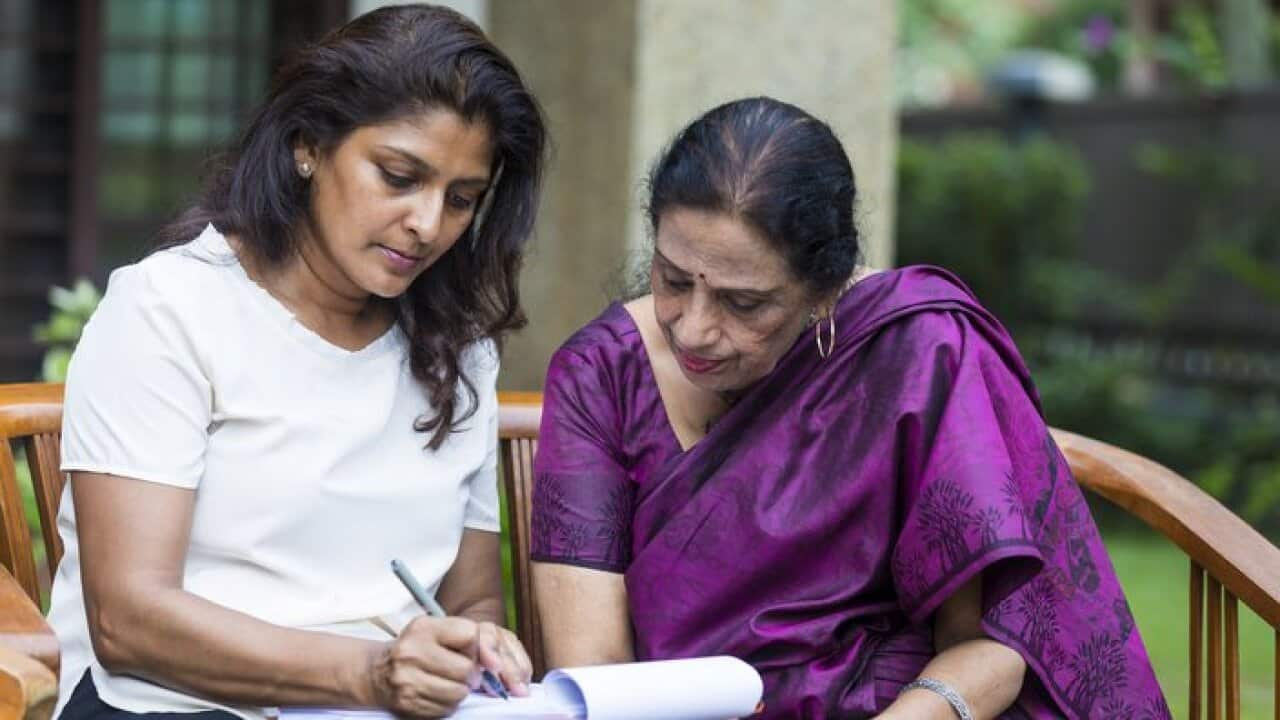Less than half of the over 50s have a detailed plan for what to leave their children and one-in-ten having no plan at all, according to a recent Australian report on inheritance insights. Whether you believe it’s bad luck, simply procrastinating, or don’t think you’ll have anything left to give away, South Australian lawyer Dino Di Rosa argues that every adult should have a legally-binding will to avoid complications down the track.
Di Rosa outlines the basic questions you should answer in preparing your will.
New South Wales lawyer Robert Monahan, an accredited specialist in wills and estate law at HLB Mann Judd believes that the will is one of the most important documents you’ll ever sign and thus shouldn’t be taken lightly.
"The document needs to be signed by the will maker in the presence of two adult witnesses who are not beneficiaries."
Monahan recommends covering all the ‘what if’ scenarios to ensure that your will is carried out according to your wish by a suitable executor. If you’re planning to have more than one executor, he advises making sure that they’re able to get along with each other and be able to work together.
It’s worth knowing that some of your wealth may not be covered by your will. Robert Monahan explains.
"You may think that scribbling your final wishes on a piece of paper or completing a DIY will kit is enough, but incomplete or poorly constructed wills can end up in bitter legal disputes."
"You only need one will if you own assets in different parts of Australia. However, if you have dual citizenship, or have assets abroad, be aware that your wishes may not necessarily be granted depending on the jurisdiction of the country."
Monahan advises getting sound legal advice in that particular country.
People with dual nationality or foreign assets need to also take forced heirship laws into consideration. This law applies to Latin American countries as well as France, Italy, Spain, Greece, Portugal, Saudi Arabia, Russia, Switzerland, Germany, Austria, Indonesia, Singapore, Japan, and China.
Divorce or a new relationship can also affect the terms of your will. Di Rosa recommends reviewing your will every three to five years or whenever your circumstances change to keep your wishes current.
"In an ideal world, your final wishes will be carried out according to plan without fuss, but that depends on the will being intact in the first place." Di Rosa suggests storing it in a credible wills register or with your lawyer.







